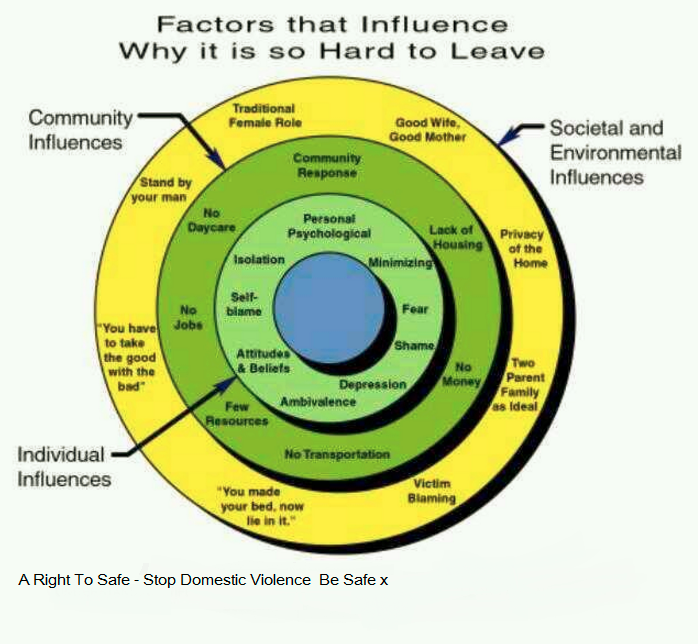 Recently I heard from a lady who is in a difficult relationship. She has been verbally abused by her partner for some time, but lately that abuse has become physical violence. She doesn’t have any family close by and is unsure whether she should stay, or risk leaving without a definite place to go to. In this situation, should a woman stay or go? On the face of it, the answer is simple, she should get out. However, people who have been in abusive relationships know that it is often not that easy. There are financial and emotional factors that hold you together, and quite often there are children, property, family and social ties that convince you it is worth hanging in there and giving it another chance. It might also feel shameful to admit the truth of what is going on in your relationship, or maybe you believe on some level that you have contributed to the violent behavior you are experiencing. You may also think that your partner still loves you and doesn’t mean to hurt you. And what if there are children that you don’t want to disrupt, or pets that you don’t want to leave behind, or maybe you don’t live anywhere near a domestic shelter and don’t have anyone that might take you in if you can’t afford a place of your own? I have seen women going through these dilemmas time and again. Unfortunately, when you are living overseas the situation can be even more complicated as your family and close friends are in another country, and taking children with you can cause all kinds of legal and custody disputes, which the woman might not be financially equipped to fight. The following illustrates some of the reasons why women stay in violent and abusive relationships: From: https://sites.google.com/site/aright2bsafe/ So, in our case example, should she stay or should she go? Here are some important things to keep in mind:
Here are some websites that might prove helpful if you, or someone you know, is in this situation: https://domesticviolenceuk.org/ http://www.lost-in-france.com/living-in-france/life/190-domestic-violence https://www.womenshealth.gov/violence-against-women/types-of-violence/domestic-intimate-partner-violence.html https://helpguide.org/articles/abuse/domestic-violence-and-abuse.htm Dr Jules If the subject matter in this article resonates with you, then counselling might be a good option to help you to move forward. I offer a free 20-minute consultation so we can explore how I might be able to help you.
1 Comment
Working with clients in France, I am increasingly aware of the struggles many people face here. While people who move abroad looking for a better life or a new adventure often do find the happiness they seek, it is important to know that there can be tough days for all of us, and some people find it more challenging than others. I have lived in several different countries (including Japan, America and now France) so I can easily relate to the stories I hear. Phrases I often hear from clients include “I feel like an outsider”, “I feel trapped”, “I feel isolated” or “I feel lost”. According to a survey by Internations (https://www.internations.org/expat-insider/2016/common-expat-problems), there are common problems experienced by people living overseas, and these include worrying about finances, adjusting to a different culture, coping with the language barrier, and dealing with changes in your relationship with your partner. Obviously, we all experience problems in our daily lives such as having a bad day at work or not getting along with our spouse. Talking about your problems doesn’t mean you are being weak or negative, it just means you are dealing with the realities of life. These times are made more bearable though, by having a caring support system around you, and once you become an expat you often find that support system shrinking. So, the point of my post today is to let you know that there is no shame in feeling that you are not coping well with your life in a new country, in fact these kinds of struggles are common. With Brexit looming many people are finding these issues are intensified as they face difficult decisions about staying or going back to the U.K., and all the while a new wave of people in Britain are considering leaving before the Brexit deadline to start that new life in a place in the sun. If you are struggling at all, then reach out to your support system or consider talking to someone such as a professional counsellor. I offer a free 20 minutes where we can chat to decide if I am the right person to help you, and if not, I can direct you to the appropriate resources. Dr Jules If the subject matter in this article resonates with you, then counselling might be a good option to help you to move forward. I offer a free 20-minute consultation so we can explore how I might be able to help you. This article was originally published for my column at English Informer in France |
Categories
All
Archives
July 2020
|
